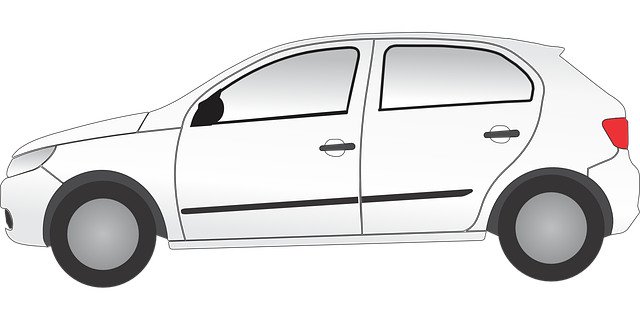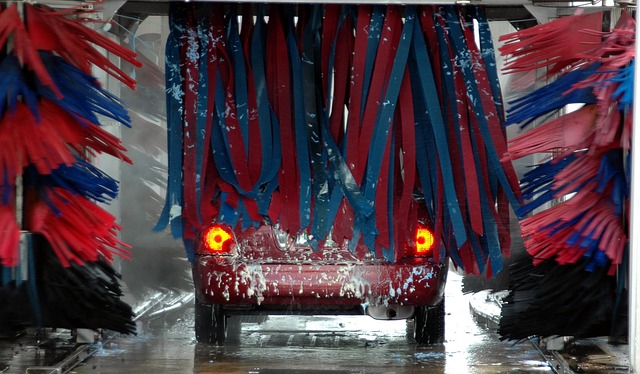A computer chip shortage is driving record high new-car prices. That’s temporary, but dealer groups … [+]
Getty Images
Some of the nation’s biggest auto dealer chains are betting in the most direct way that some of the changes in auto retailing since the COVID-19 pandemic are here to stay.
That is, the big chains are buying up other dealerships at a record pace, according to firms that broker dealership mergers and acquisitions.
There’s a widespread expectation among the buyers that high prices and low discounts are the new order of things, driven by a relative scarcity of product, and not just a temporary blip.
That scenario isn’t all bad news for consumers. The big dealership chains are also investing in online retailing in a big way. That’s faster and more convenient for customers, and in the long run, the cost savings for dealerships cutting back on overhead, including in-person staff, may help offset some price increases.
Lower inventory also implies consumers could custom-order features and options, instead of choosing from what happens to be on the dealer lot. The trade-off would be having to wait for delivery, instead of the instant gratification of driving off in a new car the same day.
The point is, the record pace of dealership buyouts shows that the big dealership chains expect dealership profitability to get even better. In a recent dealer survey, 79% of dealer respondents said they expect profits to increase in the next 12 months, said Erin Kerrigan, co-founder of Kerrigan Advisors, Irvine, Calif.
Kerrigan recently predicted a record number of at least 350 dealership transactions nationwide in 2021, representing more than 600 franchises. Through the third quarter, she said transactions in 2021 were up 21% vs. a year ago.
Just this month, Asbury Automotive Group, Duluth, Ga., closed the acquisition of the Larry H. Miller Dealerships group, Sandy Utah, for about $3.1 billion. The deal represents annual revenue of about $5.7 billion. Asbury is based in Duluth, Ga.
Also in December, Sonic Automotive Inc., Charlotte, N.C., closed a $700 million deal to buy RFJ Auto Partners, Inc., Plano, Texas, which represents about $3.2 billion in annualized revenue.
The primary driver behind the rush to buy dealerships is, “the explosive profitability of our industry,” Kerrigan said in a webinar earlier this month, hosted by the American International Automobile Dealers Association. “Today more dealers are making more money they could have ever imagined in a single year.”
Analysts predict the current, crazy-low level of inventory and record high prices we’re experiencing won’t last forever.
Prices are bound to decline from today’s peaks, once automakers solve the ongoing computer chip shortage, and other kinks in the automotive supply chain. The latest predictions on that are late 2022 or into 2023.
But as prices moderate, dealers don’t expect a return to the usual state of affairs in auto retailing, either, where automakers build too many cars and trucks, and too much product chases too few customers.
Charlie Chesbrough, senior economist for Cox Automotive, said in a separate webinar sponsored by the import dealer association earlier this month that automakers are motivated to keep inventory “lean and mean” permanently, or else return to big discounts.



